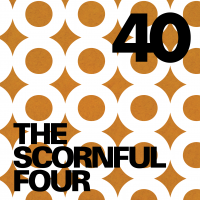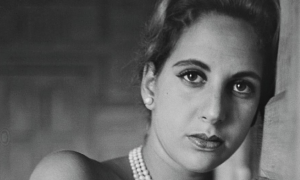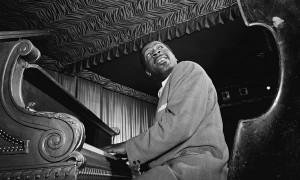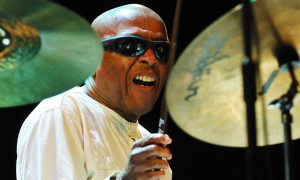Home » Jazz Articles » The Jazz Files » Charles Rangel: Harlem’s Congressman, Jazz’s Quiet Witness
Charles Rangel: Harlem’s Congressman, Jazz’s Quiet Witness
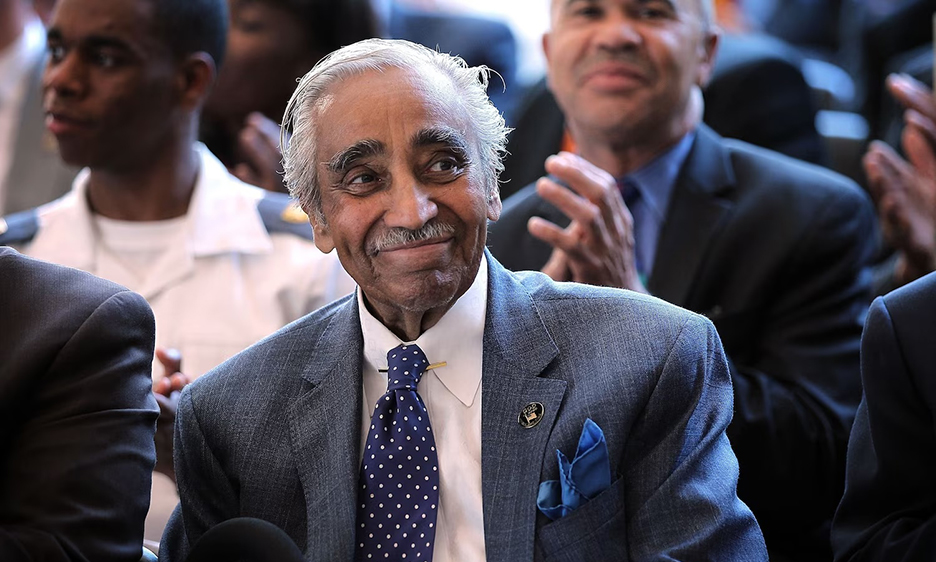
Courtesy Alex Wong
Harlem's been very, very good to me.
—Charles Rangel
In a remarkable interview conducted by Loren Schoenberg and Christian McBride, with appearances by Billy Taylor and Arthur Barnes, Rangel offers stories rich in detail and rhythm —from the Apollo Theater to the Hotel Theresa to sneaking into Minton's Playhouse.
"Jazz is the only music that America can call its own," Rangel says. "It allowed itself to break down color lines and bring people together long before people were challenging racism."
But it's not just commentary—it's memoir. Rangel doesn't talk about Harlem's golden age, he re-inhabits it.
He recalls sitting in the same seat every time Billie Holiday sang at the Apollo.
"There was no question in my mind that Billie Holiday loved me," he says with a smile. "She would look for me." Years later, he was the night clerk at the Hotel Theresa when Holiday arrived at 2 AM, asking for a room. Not recognizing her at first, he turned her away—only to realize, to his shock, who she was. That moment captures what Rangel embodies: a fan, a witness, and a keeper of the flame.
His love for the Hotel Theresa runs deep. He paints it not just as a place to stay, but as Harlem's informal cultural embassy —"Many people were in the lobby that never registered for a room. They'd ask to be paged—just to be seen."
And then there are the scenes of raw jazz drama—like when Duke Ellington, challenged by Jimmie Lunceford 's band in a cutting contest, famously ditched the charts and called for head arrangements.
"He just closed the books and played from the soul," Rangel says. "That was the power of those bands—they didn't need paper to make magic."
But perhaps the most unforgettable story involves Lionel Hampton. Rangel helped bring Hampton to Washington D.C. to receive the Congressional Gold Medal. Just days before, Hampton's apartment caught fire.
"He was on the local news in his pajamas," Rangel laughs. "I had to find him a tuxedo in one night." At the ceremony, when the band struck up Flying Home, Hampton, then well into his 80s, sprang up, grabbed mallets, and played like a man reborn. "That was a new man that night. He just never stopped."
These aren't just stories. They are testaments to resilience, joy, and the inseparability of music and place.
As The Jazz Files launches, this tribute sets the tone: a reverent look back at the voices and visuals that have shaped our jazz history—many of them, like Rangel's, recorded just in time.
Tags
Jazz Rewind: Sound & Sight Rediscovered
Hank Hehmsoth
United States
New York
Charles Rangel
Loren Schoenberg
Christian McBride
Billy Taylor
Arthur Barnes
Billie Holiday
duke ellington
Jimmy Lunceford
Lionel Hampton
PREVIOUS / NEXT
Support All About Jazz
 All About Jazz has been a pillar of jazz since 1995, championing it as an art form and, more importantly, supporting the musicians who make it. Our enduring commitment has made "AAJ" one of the most culturally important websites of its kind, read by hundreds of thousands of fans, musicians and industry figures every month.
All About Jazz has been a pillar of jazz since 1995, championing it as an art form and, more importantly, supporting the musicians who make it. Our enduring commitment has made "AAJ" one of the most culturally important websites of its kind, read by hundreds of thousands of fans, musicians and industry figures every month.











